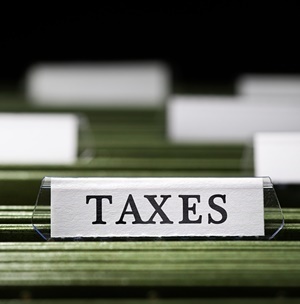
Can imposing tax really change behaviour in the country? This was what panellists at the Tax Indaba on Tuesday debated as they discussed whether excise tax can result in behaviour change and whether that was always the intention.
Mansoor Parker, an executive at ENSafrica’s tax department, gave an example of Treasury’s proposed carbon tax and highlighted the lack of consensus on that specific tax.
“What we’ve seen arising from the comments on the carbon tax bill is two separate camps – maybe more – but it can be distilled into two positions. On the one hand you have the civil society groupings which say that the effective rate, not the statutory rate, is too low to encourage any sort of change in behaviour ... Then you get another batch of submissions which tend to come from, say the steel and iron producers which say that they have a system produce steel which results in emissions but there’s no alternative technology available, so it’s not possible to change.”
“So I think that the views are quite mixed on whether a tax such as carbon tax will result in that purpose and it seems as if it’s going to have probably a blended effect. It will raise revenue and in some cases it might have that behavioural change impact but it seems from the submissions not in all cases,” said Parker.
Virusha Subban, a partner at Bowmans, said the possible impact of tax on behaviour differs from product to product and from industry to industry.
“In my experience I think if a particular product is aimed at a particular market and a segment of society, it would depend on whether that segment of society can still afford the product. So it goes to price elasticity and whether or not the product just becomes unaffordable,” said Subban.
However, not all excise duties are designed to change behaviour.
Venter Labuschagne, a director at KPMG’s trade and customs practice, said: “There’s a huge industry in South Africa – the wine industry, the beer industry, the spirits industry and the associated ones – that generate a lot of jobs and that generate a lot of income for the country, so in those circumstances it is purely a decision on what is the appropriate percentage of the selling price that people should actually be paying in the form of tax.”
However, Labuschagne said there were cases in other countries where it was clear that a excise duty was designed to discourage the use of alcohol.
In April, Treasury introduced the Health Promotion Levy, also known as the sugar tax, to be imposed on sugary beverages as a means to address illnesses such as obesity, diabetes and metabolic syndrome.
“If we accept government’s premise that it’s designed to change behaviour then I think it should go beyond the level of the collection of the tax,” said Labuschagne.
“I think if government is serious about saying that we’re trying to change behaviour, we’re trying to build this as something in the health sector, we’re trying to improve general health across the population, then they should think of allocating the money generated in that fashion for those specific projects within the health environment,” he said.




 Publications
Publications
 Partners
Partners








